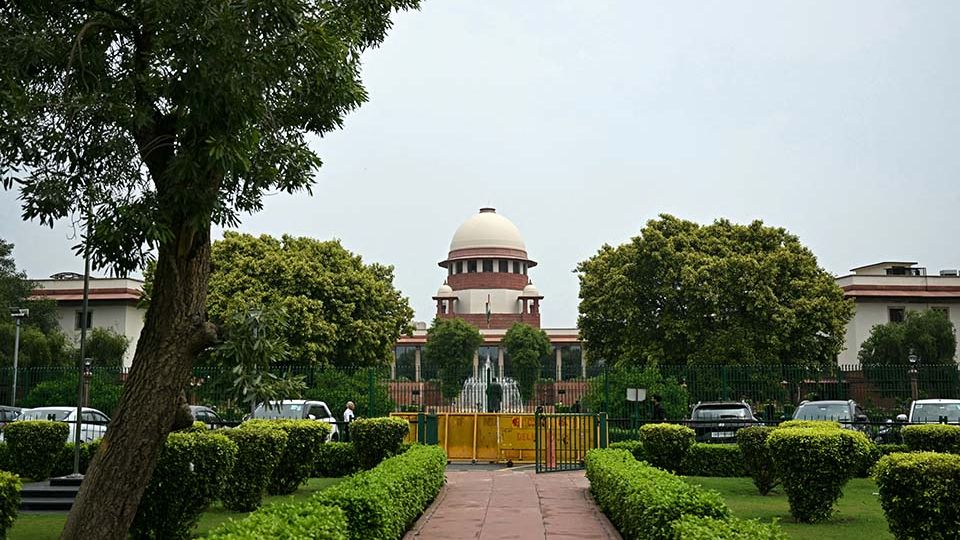May 28, 2025
NEW DELHI – The Supreme Court on Tuesday issued notice to the Central government and all state governments on a petition challenging the constitutional validity of certain provisions of the Waqf Act, 1995, as amended by the Waqf (Amendment) Act, 2025.
A bench comprising Chief Justice BR Gavai and Justice Augustine George Masih tagged the fresh plea filed by petitioner Nikhil Upadhyay along with other pending petitions challenging the validity of the 1995 Waqf Act.
During the hearing, advocate Ashwini Upadhyay, appearing for the petitioner, was asked by the Chief Justice Gavai about the delayed challenge.
“Why are you challenging the 1995 Act in 2025?”
Upadhyay responded that he was also challenging the 2013 Amendment to the Waqf Act, prompting the CJI to remark that “Even then, from 2013 to 2025—12 years. There is a delay.”
However, Additional Solicitor General Aishwarya Bhati, representing the Centre, stated that while the Court had earlier not allowed challenges to the 1995 Act to be heard along with petitions against the 2025 Amendment, there was no objection to this fresh petition being tagged with pending ones challenging the 1995 Act.
The petition by Nikhil Upadhyay contended that the Waqf Act, 1995, was discriminatory, as only the Muslim community has a codified law for the administration of charitable and religious properties, whereas other communities do not have similar statutory provisions.
The plea challenges several provisions of the 1995 Waqf Act as amended, stating they violate Articles 14 (equality before law), 15 (non-discrimination), 21 (right to life and liberty), 25 & 26 (freedom of religion), and 27 (freedom from taxation for religious purposes) of the Constitution.
It further argues that the state cannot bear the cost of surveys or verifications of waqf properties from the public exchequer, while no equivalent mechanism or financial support exists for properties belonging to other religious communities.
“There should be a Common/Uniform Law for Religious Trusts and Endowments,” the petition stated, urging parity in legal treatment across all religious communities.
The plea comes amid ongoing hearings in the Supreme Court on petitions challenging the Waqf (Amendment) Act, 2025, as well as other controversial laws such as the Places of Worship Act, 1991, and the National Commission for Minorities Act, 1992.
The top court had earlier reserved judgment on interim relief sought against the 2025 Waqf amendments, including provisions concerning deletion of ‘waqf by user’, inclusion of non-Muslims in Waqf Council/Boards, and the mandatory registration of Waqfs.


